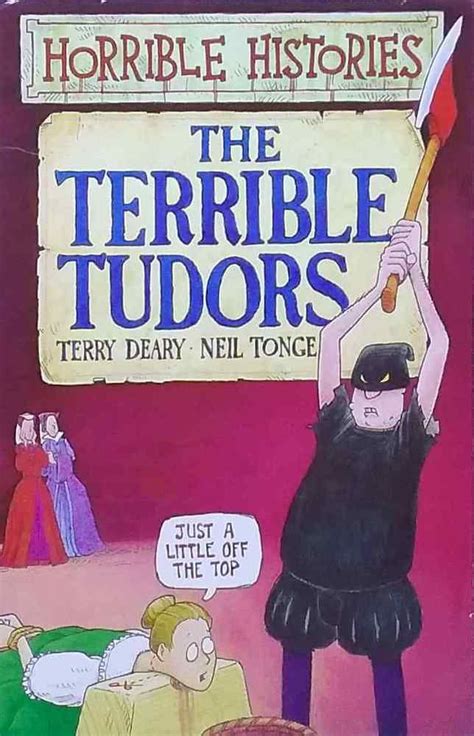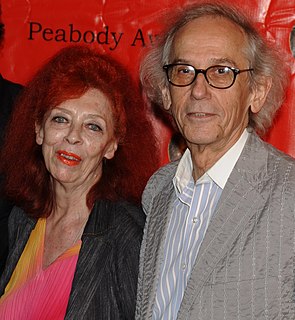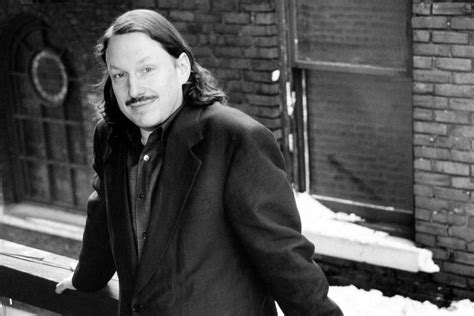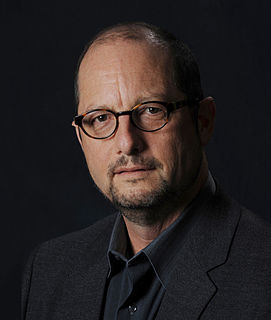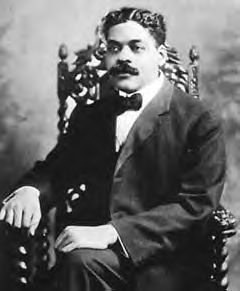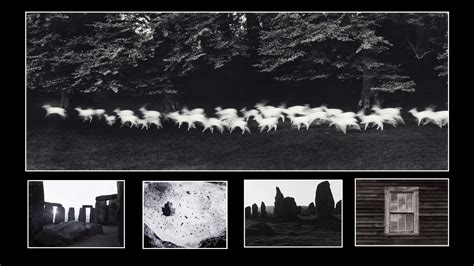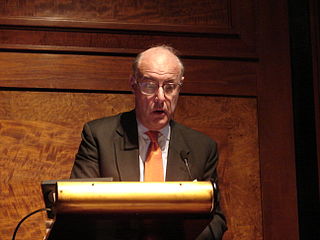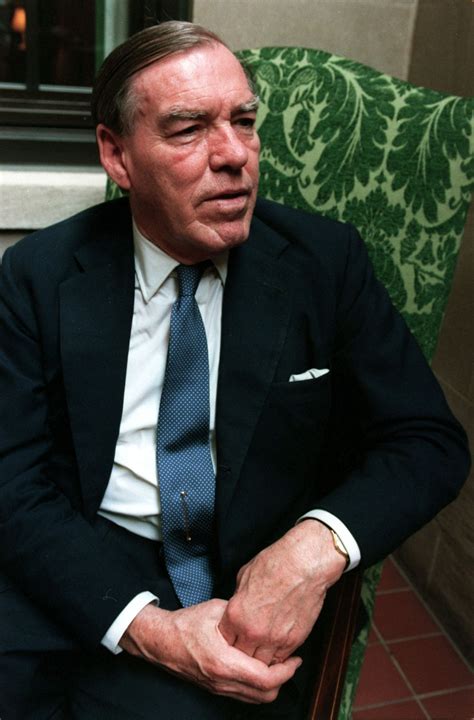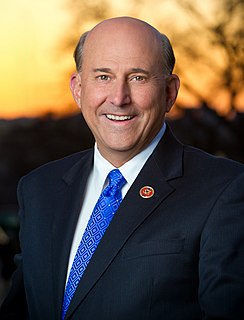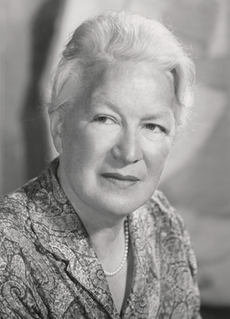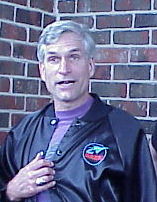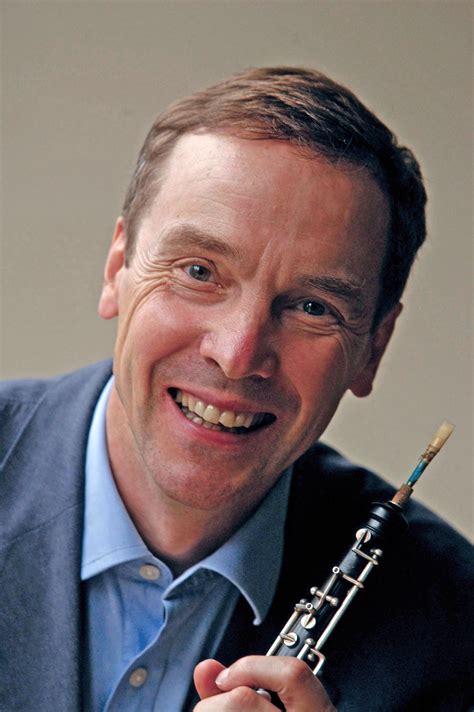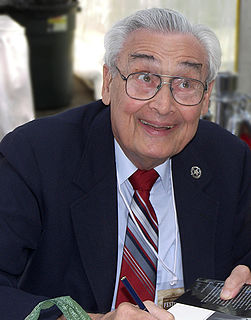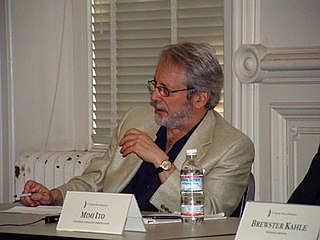Top 523 Historian Quotes & Sayings - Page 7
Explore popular Historian quotes.
Last updated on April 19, 2025.
Exact science and its practical movements are no checks on the greatest poet, but always his encouragement and support ... The sailor and traveller, the anatomist, chemist, astronomer, geologist, phrenologist, spiritualist, mathematician, historian and lexicographer are not poets, but they are the lawgivers of poets and their construction underlies the structure of every perfect poem.
After two years of undergraduate study, it was clear that I was bored by the regime of problem-solving required by the Cambridge mathematical tripos. A very sensitive mathematics don recommended that I talk to the historian of astronomy, Michael Hoskin, and the conversation led me to enroll in the History and Philosophy of Science for my final undergraduate year.
To know John Kennedy, as I did, was to understand the true meaning of the word. He understood that courage is not something to be gauged in a poll or located in a focus group. No adviser can spin it. No historian can backdate it. For, in the age old contest between popularity and principle, only those willing to lose for their convictions are deserving of posterity's approval.
If anti-Semitism is a variety of racism, it is a most peculiar variety, with many unique characteristics. In my view as a historian, it is so peculiar that it deserves to be placed in a quite different category. I would call it an intellectual disease, a disease of the mind, extremely infectious and massively destructive.
It has been said that the historian is the avenger, and that standing as a judge between the parties and rivalries and causes of bygone generations he can lift up the fallen and beat down the proud, and by his exposures and his verdicts, his satire and his moral indignation, can punish unrighteousness, avenge the injured or reward the innocent.
I am no historian, but Hungary is a country which has never known democracy - and by that, I mean not a democratic political system, but an organic process which has mobilised the entire country's society. In the case of Hungary, this development was blocked by the growth of the Ottoman empire in the 16th century.
I'm not an historian but I'll venture an opinion: Modern cosmology really began with Darwin and Wallace. Unlike anyone before them, they provided explanations of our existence that completely rejected supernatural agents... Darwin and Wallace set a standard not only for the life sciences but for cosmology as well.
I've got to get the ultimate in composition today. or I've got to get the ultimate in light, I'll stay here until it appears. I was not making any demands. I went purely to see what would come, what might be there. I didn't have to be archaeologist or historian or tourist, I just needed to be available.
I will not dissemble the first emotions of joy on the recovery of my freedom, and, perhaps, the establishment of my fame. But my pride was soon humbled, and a sober melancholy was spread over my mind, by the idea that I had taken an everlasting leave of an old and agreeable companion, and that whatsoever might be the future date of my History, the life of the historian must be short and precarious.
Caution in handling generally accepted opinions that claim to explain whole trends of history is especially important for the historian of modern times, because the last century has produced an abundance of ideologies that pretend to be keys to history but are actually nothing but desperate efforts to escape responsibility.
As a historian, I'm sceptical about conspiracy theories because the world is far too complicated to be managed by a few billionaires drinking scotch behind some closed doors. But I do think that the voters are correct in sensing that they're really losing power. And in reaction, they give the system an angry kick.
[The taxidermist is] a historian, dealing with an animal's past; the zookeeper is a politician, dealing with an animal's present; and everyone else is a citizen who must decide on that animal's future (...) The indifference of the many, combined with the active hatred of the few, has sealed the fate of animals.
Our understanding of the thought of the past is liable to be the more adequate, the less the historian is convinced of the superiority of his own point of view, or the more he is prepared to admit the possibility that he may have to learn something, not merely about the thinkers of the past, but from them.
The older I get the more I'm convinced that it's the purpose of politicians and journalists to say the world is very simple, whereas it's the purpose of historians to say, 'No! It's very complicated.'
The job of the historian is to help give people a sense of existence in time, without which we are really not fully human.
The spectator and historian of [Belisarius's] exploits has observed, that amidst the perils of war, he was daring without rashness, prudent without fear, slow or rapid according to the exigencies of the moment; that in the deepest distress he was animated by real or apparent hope, but that he was modest and humble in the most prosperous fortune.
So many of the things we are doing right now as a country are things that lead to loss of a country. I leave you with this thought and challenge any historian, no mater who you are where you are. You show me a country that ever met its demise while as a nation it was honoring the one true God. You won't find it. Let's keep this country alive.
The pioneer labor historian John Commons was not wrong when he wrote around World War One that exploiting and deepening such tensions as outpacing scientific management among U.S. innovations where bossing was concerned. Amidst the general miseries of proletarianization, workers also learned that one source of meager benefits and protections could lie in claiming a white skin.
Every historian loves the past or should do. If not, he has mistaken his vocation; but it is a short step from loving the past to regretting that it has ever changed. Conservatism is our greatest trade-risk; and we run psychoanalysts close in the belief that the only "normal" people are those who cause no trouble either to themselves or anybody else.
I conduct very few interviews with veterans. The contemporaneous, or near-contemporaneous, record for WWII is so spectacularly deep that latter-day recollections are largely unnecessary for a historian. Of course, in considering any account, I'm looking for additional sources that can confirm or enlarge that version of events.
I once interviewed David Herbert Donald, the Lincoln historian, and we talked about how one deals with the secondary sources and the previous biographies. He said something which kept coming back to me as I worked on Cleopatra, which was: 'There's no further new material; there are only new questions.'
I'm a horrible historian. My memory is bad. I read things and then I forget them. I can't understand dates and I can't measure time. Time is confusing to me. That's why I do a lot of manipulations of time in my books, in part because an orderly time is physically difficult for me to conceive of in my brain.
I believe this. When we meet those we fall in love with, there is an aspect of our spirit that is historian, a bit of a pedant who reminisces or remembers a meeting when the other has passed by innocently…but all parts of the body must be ready for the other, all atoms must jump in one direction for desire to occur.
Why should a novelist not also be a historian? To force unnatural divisions within the English language is to work against its capacious and accommodating nature. To expect a writer to produce only novels, or only histories, is equivalent to demanding from a composer that he or she write only string quartets or piano sonatas.

